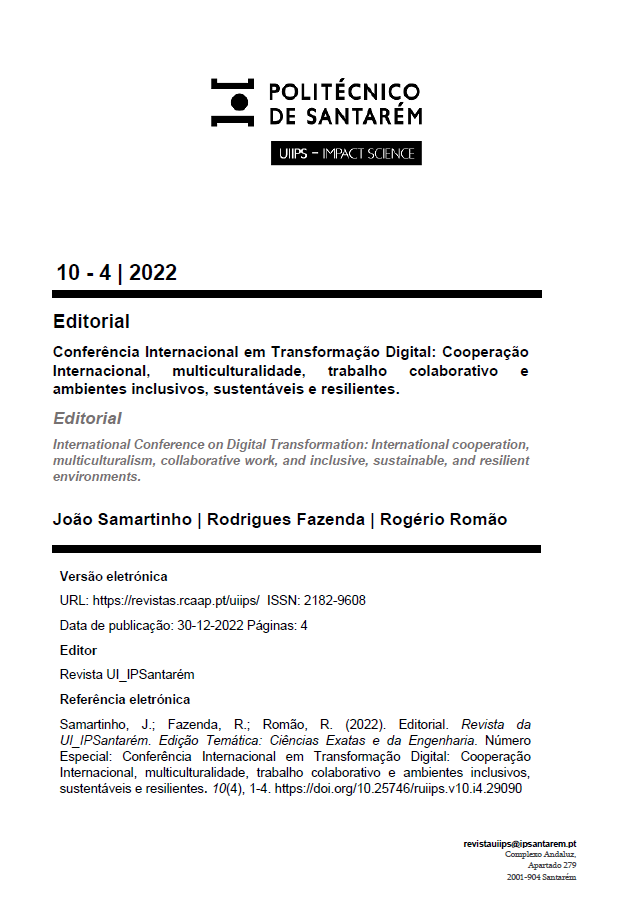Social entrepreneurship as a possibility for the development of rural communities
DOI:
https://doi.org/10.25746/ruiips.v10.i4.29113Keywords:
Conventional and Social Entrepreneurship, Rural Communities, Income Generation, Living ConditionsAbstract
The aim of this article was to present a brief theoretical review and bibliographic analysis of the concepts of conventional/traditional entrepreneurship and social/community entrepreneurship, discussing their characteristics and specificities. The methodology used was theoretical review and literature analysisThe idea is to show that elements of what is defined as social entrepreneurship can be used to develop rural communities, since they lack organization to develop. Thus, the research will not focus on the dynamics of the communities, but on the elements of entrepreneurship that can be applied to them. As a result, it is expecting that elements and conditions that will contribute to advances in the solidarity economy.
Downloads
Published
How to Cite
License
Copyright (c) 2022 Paul Anderson de Freitas, Antônio Márcio Haliski, Cleber Fernando Serafin, Everaldo dos Santos

This work is licensed under a Creative Commons Attribution-NonCommercial-NoDerivatives 4.0 International License.
Authors publishing in this journal agree to the following terms:
Authors retain copyright and grant the journal the right of first publication, with the article simultaneously licensed under the Creative Commons Attribution License that allows sharing of the work with acknowledgement of authorship and initial publication in this journal.
Authors are permitted to enter into additional contracts separately for non-exclusive distribution of the version of the article published in this journal (e.g., publish in an institutional repository or as a book chapter), with acknowledgment of authorship and initial publication in this journal.
Authors have permission and are encouraged to publish and distribute their work online (e.g., in institutional repositories or on their personal webpage) at any point before or during the editorial process, as this may generate productive changes, as well as increase the impact and citation of the published work.



